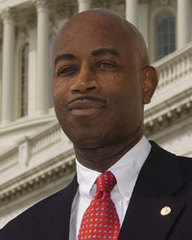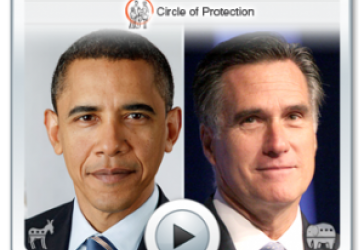If I were looking for a nearly perfect expression of social or even political gratitude, I’d have to look no further than Jonny Gomes and his remarks last night after the Red Sox beat the Cardinals 4-2, tying up the World Series. The Sox leftfielder was a last-minute stand-in for Shane Victorino, whose lower-back problems were acting up, and in the top of the sixth, he jumped on a sinkerball that didn’t sink and drove it over the leftfield wall in Busch Stadium. The three-run homer put the Red Sox on top, where they stayed.
Speaking to the press afterward, Gomes—who had a heart attack when he was 22, survived a car accident that killed one of his best friends, and was no stranger to poverty and homelessness while growing up in northern California—had this to say when asked for his thoughts:
What’s going on inside here is pretty special, magical. There’s so many people and so many mentors and so many messages and so many helping paths and helping ways for me to get here, that there’s a lot more than what I could bring individually.
Among the “helping paths” that Gomes was alluding to were those provided by the town and citizens of Petaluma, California, which saw to it that he and his older brother had enough to eat and a place to sleep through many hard times. A visible sign of his gratitude is the “707” stitched into his glove and shoes. It is the area code of Sonoma County, which includes Petaluma.
I realize that Gomes wasn’t trying to score a political point here, but he wasn’t just talking baseball, either. At that news conference, the 32-year-old was delivering what amounts to a countercultural message. The fashion of the day is to preach some variation of the I-did-it-all-by-myself gospel. In contrast, Gomes teaches the a-lot-more-than-what-I-could-bring-individually ethic.
And who are the did it it all by myselfers? In our time, they are often the ones who have reaped the greatest rewards from our winner-take-all economy, and who are troubled by the notion that they may have obligations in return. Not just personal but social obligations—taxation and other duties related to the common good.
What’s missing from the wealth gospel is a breath of reality: Truth is, government and society are involved in the production of wealth, from top to bottom. But what’s really lacking in these preachments is political gratitude. My definition of that—in our social context—is fairly simple, and minimal. Political gratitude is an acknowledgement of the tangible benefits one receives from living in the political community we call the United States of America. If you’re an oil company executive, for example, this means acknowledging the special benefits derived from leasing millions upon millions of acres of public land from the government, at what amount to rates far below any conceivable market value. For everyone, it means acknowledging the many ways that the public aids personal wellbeing and private wealth accumulation.
Aristotle said that if you want to understand what virtue is, look at a virtuous person. On the day after Game 4 of the Series, we could say: If you want to know what political gratitude is, listen to Jonny Gomes. …read more








